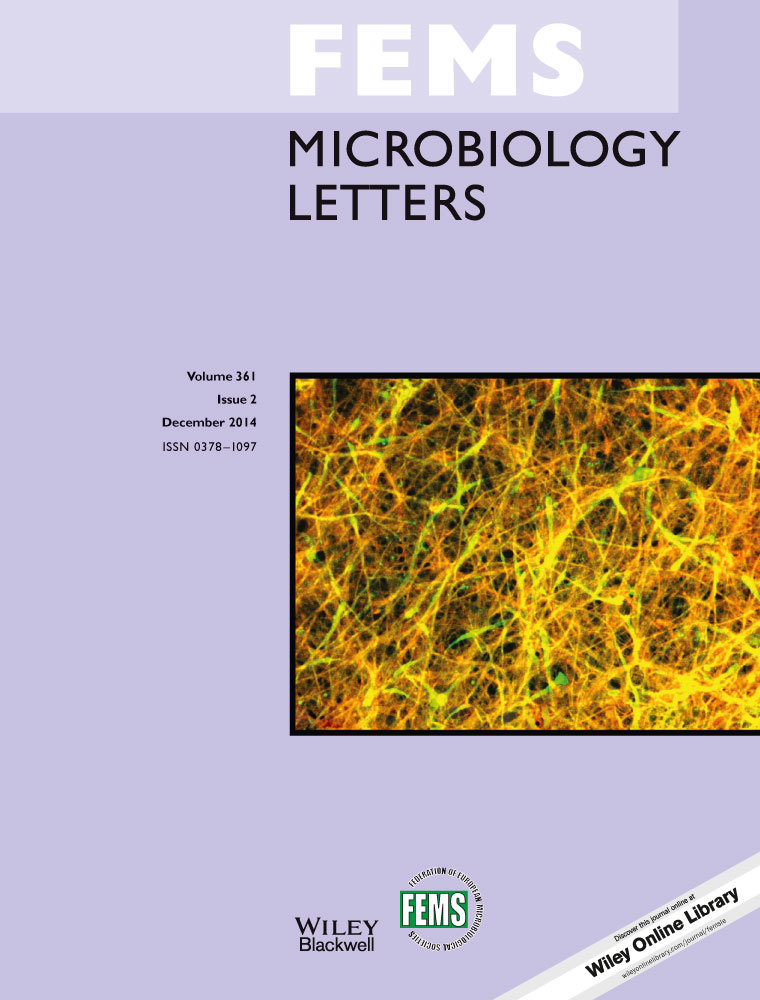Transformation of a type 4 encapsulated strain of Streptococcus pneumoniae
Abstract
Streptococcus pneumoniae strain JNR.7/87 is a highly virulent, type 4 encapsulated Gram-positive bacterium whose transformability has not been tested previously, and whose genome is currently being sequenced. The strain was transformed at very low efficiency by addition of exogenous competence-stimulating peptide: However, the efficiency was too low and irreproducible to be useful in many genetic studies. Therefore, the effects on transformation efficiency of changing different components of competence-stimulating peptide-induced transformation have been examined. Screening of growth media was followed by optimization of pre-induction culture acidification, glycine concentration, and induction time. An optimized protocol was developed whereby S. pneumoniae strain JNR.7/87 was transformed reproducibly with a streptomycin resistance (SmR) marker at an efficiency of ∼105 colony forming units per 108 cells.




